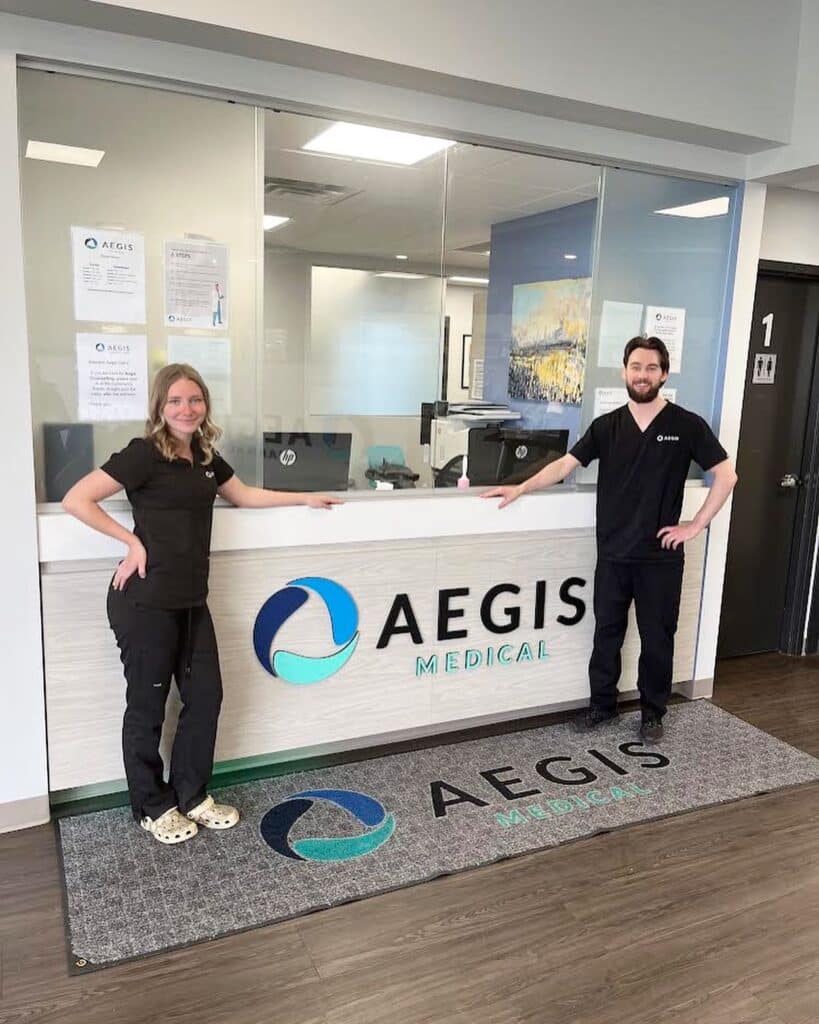What are some interventions for substance abuse? There are nonmedical options along with more intense treatments for opioid dependence.
 Around 36 million people globally suffer from opioid use or other drug use disorders. However, as devastating as the result of this addiction can be, there is hope. Today, we answer the question, “What are some interventions for substance abuse?” and touch on the side effects of withdrawal.
Around 36 million people globally suffer from opioid use or other drug use disorders. However, as devastating as the result of this addiction can be, there is hope. Today, we answer the question, “What are some interventions for substance abuse?” and touch on the side effects of withdrawal.
Counseling And Therapy
If you live in Ontario, Canada, online substance abuse counseling can help. Counseling involves talking with a professional whose primary goal is to help you stop using drugs and other substances. Counseling can also address practical needs to help you seek support services so that you can maintain drug abstinence. There are many different counseling methods, and these include 12-step facilitation, contingency management, cognitive behavioral therapy, and motivational interviewing. These services can be offered by professional counselors that specialize in addiction, and they can also be provided by doctors, social workers, and mental health therapists.
Group Therapy
Online substance abuse counseling works to help an individual regain control of their life. However, you may find that group therapy can also help. In group therapy, you’ll work with your peers, which are often others who have experienced similar life challenges as your own. When you share your experiences with others who don’t judge you, you form a support group and will have a network of friends and others walking your journey with you. Group therapy might be through a church, or sobriety organization, such as Alcoholics Anonymous or Narcotics Anonymous. AA and NA are different because they are led by recovering addicts instead of professional therapists.
Couples Counseling
One important intervention for substance abuse is counseling. If your continued drug use (or that of your partners) has affected your marriage or romantic relationship, couples counseling can help mend those wounds and also teach your partner ways that they can support you through your worst struggles.
Medications
Methadone, Buprenorphine, and Naltrexone all fall under the scope of medical-assisted treatment (MAT). These therapies utilize any of the above-listed medications, which might be opioid agonist or opioid antagonist, to help quell the symptoms of withdrawal and easing the transition from user too sober. MAT can be administered alongside online substance abuse counseling in Ontario, Canada, via Aegis Medical. MAT is considered safe for most people. It is also effective and can help lay a solid foundation for long-term abstinence/recovery.
Withdrawal Symptoms
People who experience addiction are physically dependent upon drugs and/or alcohol. And it is the withdrawal pains that often keep people moving back into a using phase. Withdrawal symptoms can be extremely painful and can involve depression, irritability, pain, muscle cramps, runny nose, restlessness, heavy perspiration, sweating, rapid heartbeat, vomiting, and more. Online substance abuse counseling combined with medication-assisted therapy can ease the symptoms so that recovery can be the main focus.
There are many interventions for substance abuse, and the one that you choose should be based on your own needs, addiction, and personal preferences. Online substance abuse counseling combined with medication-assisted treatment, however, is a comprehensive combination of treatments that can help and has shown effectiveness in the vast majority of those suffering from substance use disorder.
Aegis Medical offers online opioid addiction treatment for those suffering from addiction. When you choose Aegis Medical, you can use your own pharmacy, benefit from our board-certified expertise, and receive treatment anywhere from a judgment-free practitioner whose sole purpose is to help you walk your recovery journey with confidence. Aegis Medical is PIPEDA compliant and accepts OHIP. Our team is ready to help you take the first step toward recovery today!
